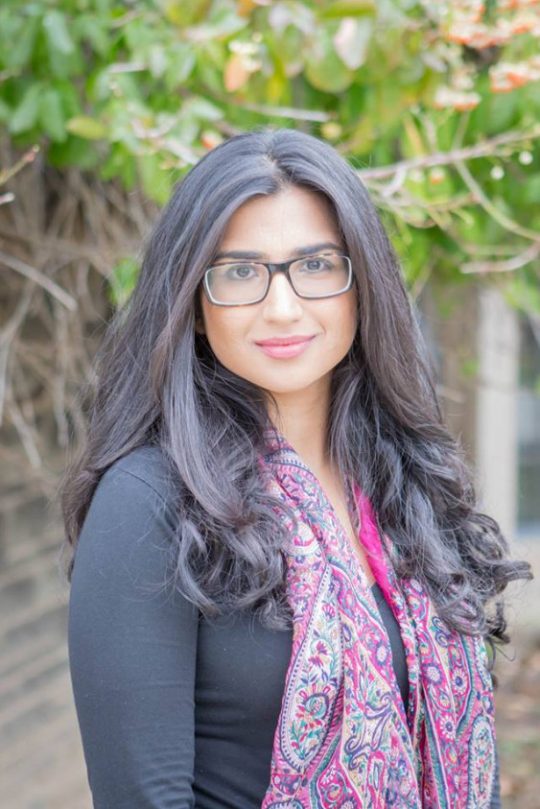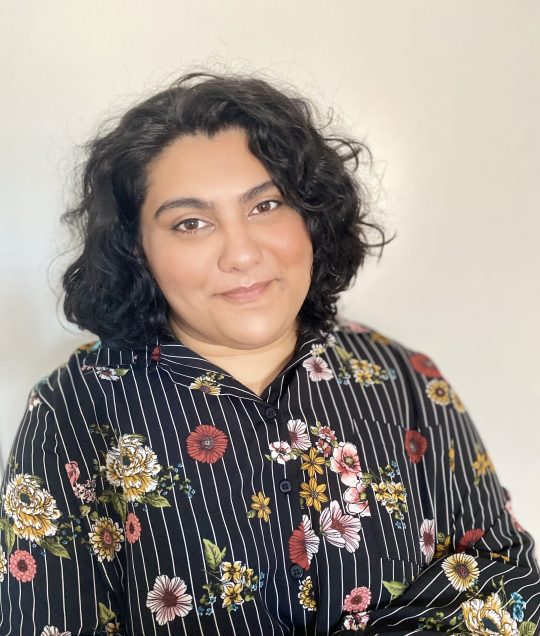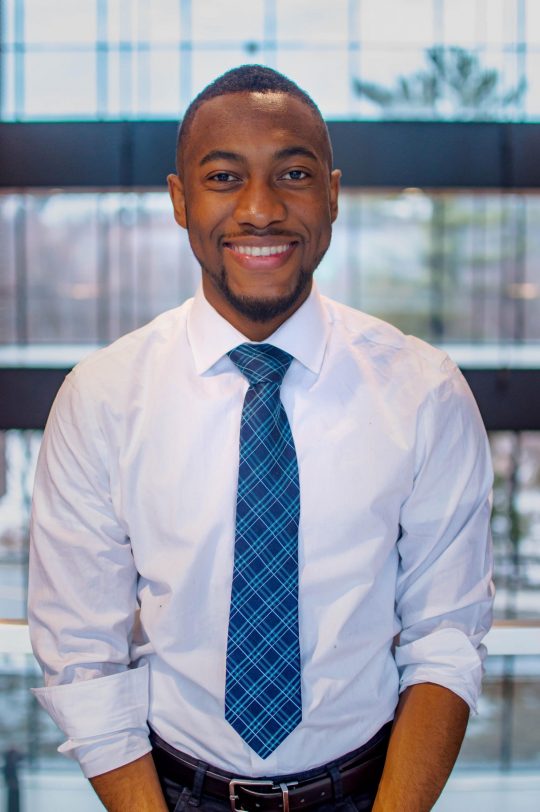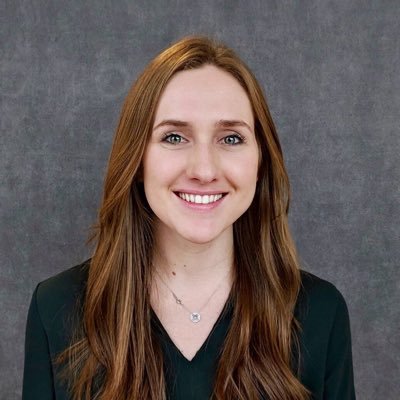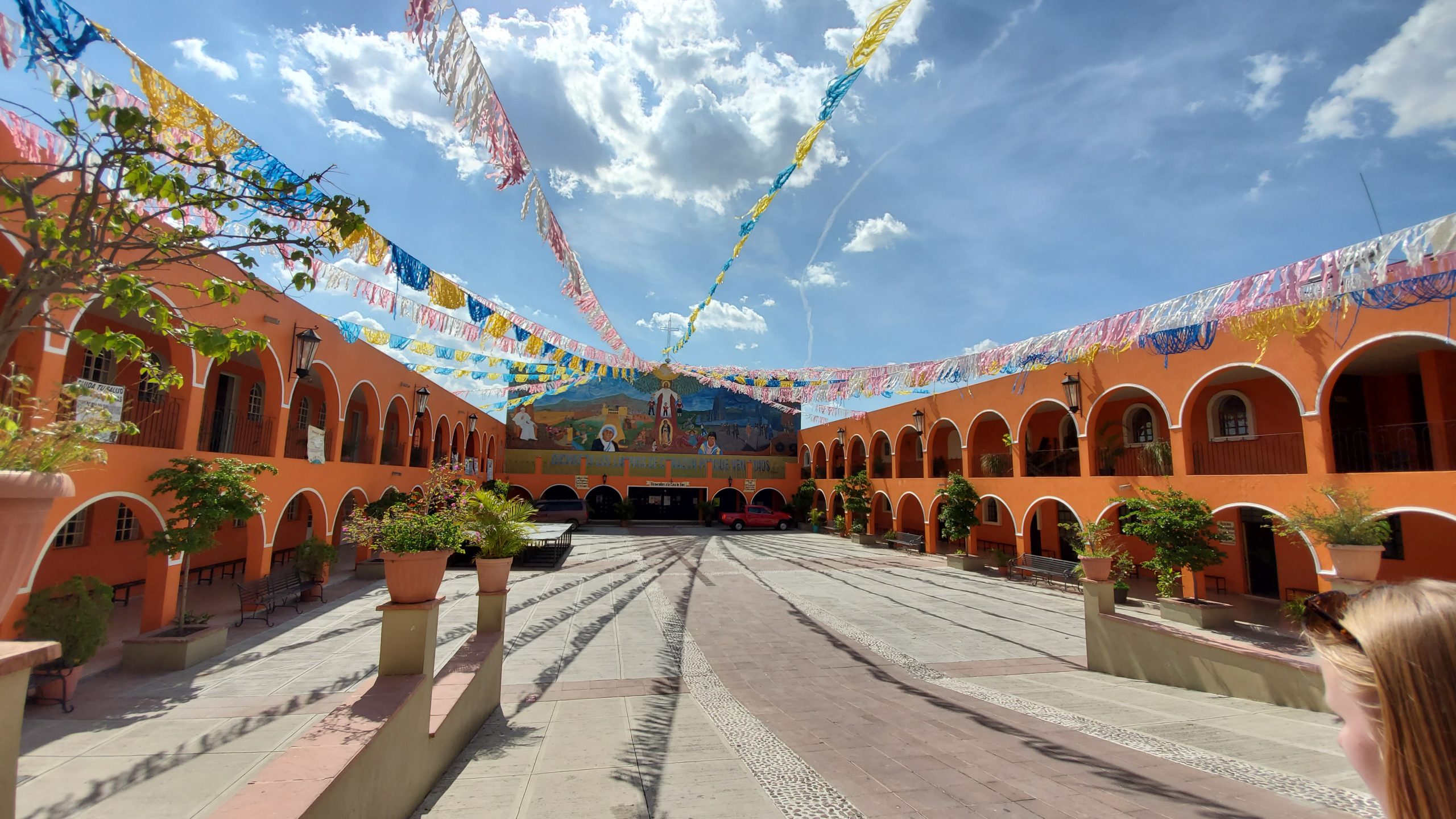
Mexico
Evaluating Makerspace Interventions in Cerro del Cuatro
- Status
- Completed Research
- Research Year
- 2019-20
Although youth living in the Cerro del Cuatro community in Mexico face significant social and economic challenges, they also live in a community experimenting with entrepreneurship and improving socioeconomic conditions. This research analyzes how three global makerspaces operate in their own communities. The case studies can be used to inform further student research through the Professional Application Projects at ITESO University where learners seek to adapt contextually similar interventions to the local context of marginalized youth.
Researchers
Mentors
-

University of Toronto
Erica Di Ruggiero
Associate Professor of Global Health and Director of the Centre for Global Health, Dalla Lana School of Public Health, University of Toronto
-
-
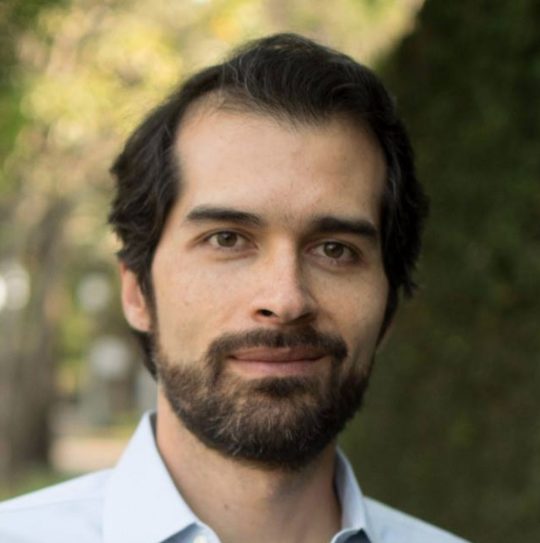
Ruy Cervantes
Director of Innovation Society and Knowledge Economy Ministry of Innovation, Science and Technology State of Jalisco, Mexico
Related Information
-

Reach Alliance Case Study: Investigating social & economic empowerment in Mexico
-

What can a makerspace in Mexico learn hard-to-reach communities globally?

